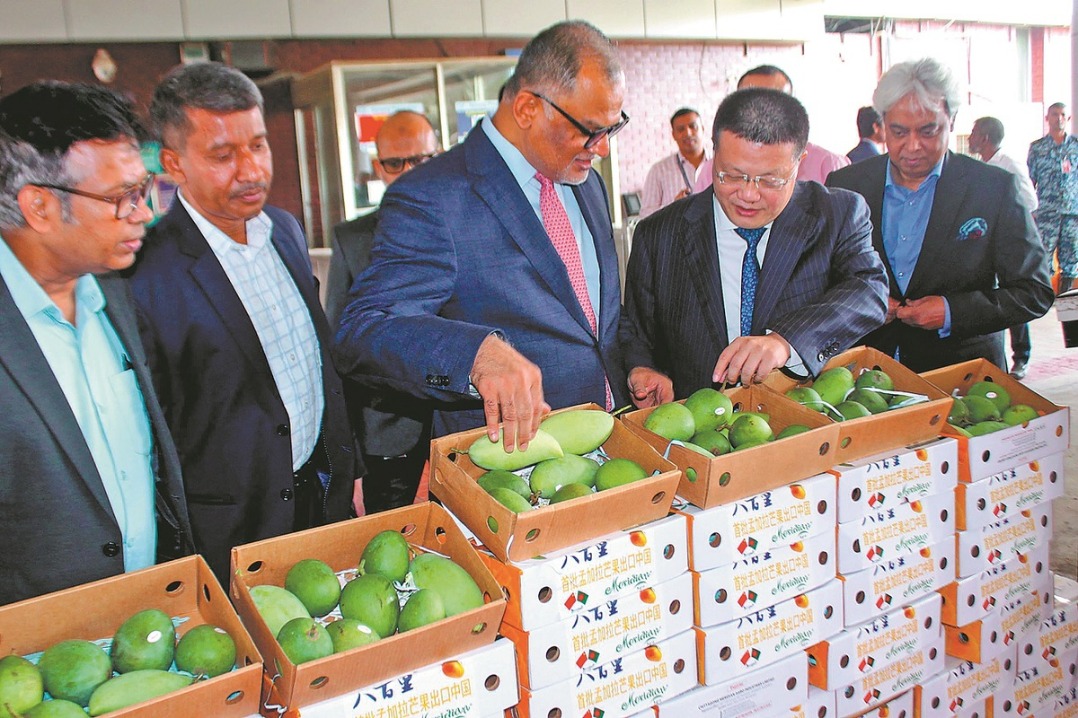Strengthening laws can help reduce road carnage in Africa

Enhancing partnerships among governments, the private sector and NGOs, coupled with improved coordination mechanisms, sufficient resource allocation and enhanced data collection systems, is instrumental in addressing road accidents in Africa, experts say.
Prioritizing the safety of vulnerable road users and strengthening legislative frameworks are additional measures that could accelerate the continent's progress toward achieving the United Nations' target of halving road traffic deaths by 2030, they said at the launch of the "Status report on road safety in the WHO African Region 2023" on Tuesday in Kenya's capital Nairobi.
Patrick Kinyanjui, Africa coordinator at the Global Alliance of NGOs for Road Safety, said that through advocacy and strategic guidance for governments, NGOs can help enhance road safety across the continent.
"The NGOs are in contact with the communities; they know what is happening at the community level, so they are able to feed the government on the actual challenges and problems that communities are facing and are able to inform policy decisions at the highest level," he said.
The World Health Organization report found the African region has the highest road traffic fatality rate of 19.4 per 100,000 population, compared with the global average of 15 per 100,000. Between 2010 and 2021, Africa recorded a 17 percent increase in road-related fatalities.
Despite hosting only 15 percent of the world's population and 3 percent of its vehicles, the continent accounts for nearly one-fifth of all road deaths globally.
The report attributed the rising rates of road traffic deaths to multiple factors, including inadequate road safety laws and standards.
It said vulnerable road users such as motorcyclists, cyclists and pedestrians are the worst affected, with road-related deaths of motorcyclists having doubled in the past 10 years.
Kinyanjui said the report findings will help in monitoring governmental actions and assessing progress to know when to fast-track some of the interventions being implemented.
Public health concern
Harry Kimtai, principal secretary of the State Department for Medical Services at Kenya's Health Ministry, said road safety is a public health concern, and collective responsibility is crucial in addressing the challenge.
Road accidents rank as the ninth leading cause of death in Kenya, with annual healthcare costs related to road traffic injuries estimated at $361 million, he said.
Joyce Nato, professional officer at the WHO Kenya Country Office, said the agency is supporting governments to harmonize data from the police and the Health Ministry, noting that availability of accurate data could help improve policy development and implementation.
The WHO's representative to Kenya, Abdourahmane Diallo, called on African countries to develop the right policies or update the existing ones.
"We know the solutions that work, so we need to look into them and see how we can adopt them into our countries, implement and enforce. Many countries have the relevant policies and laws but they are not being implemented," he said.
Today's Top News
- US deal a structural challenge for Japan
- Industrial prowess of China a subject of serious study
- US new tariffs 'unfair': Experts
- NDRC recalibrating steps to drive growth, boost demand
- Wartime hero's legacy fortifies Sino-UK bond
- China, Nepal celebrate 70 years of bilateral ties






























